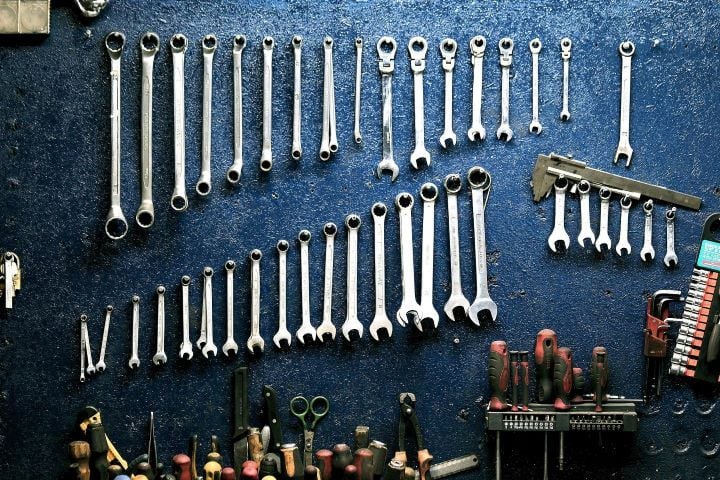Mass-Market Brands Pose Fewer Problems

Top problems include confusion and irritation with sometimes wrong signals and warnings, and problems with connecting to infotainment systems and operating controls.
Pexels/Pixabay
Increasing layers of technology are putting vehicles in the shop more often, a new study shows.
The J.D. Power U.S. Initial Quality Study found a high industry average of 195 problems per 100 vehicles. Premium and electric vehicles, with their often more complicated systems, fared the worst.
“It is not surprising that the introduction of new technology has challenged manufacturers to maintain vehicle quality,” said J.D. Power Senior Director of Auto Benchmarking Frank Hanley in a press release on the study results.
Though the added sophistication has come with issues, improvements were observed in the research. For instance, Hanley said voice recognition features and parking cameras presented fewer problems than they did last year.
Lingering problems include owner confusion and irritation with sometimes wrong and often annoying signals and warnings. Many also struggle to connect to Android and Apple infotainment systems and operate controls and displays.
In a strange turn of events that turns the transcendent new-car smell on its head, complaints of unpleasant interior odors are on the rise, often issuing from heating, ventilation and air conditioning systems.
Average problems per 100 cars broke down like this:
- Industry – 195 PP100
- Mass-market brands – 181 PP100
- Premium brands – 232 PP100
- Gas and diesel vehicles – 180 PP100
- Battery-electric vehicles – 266 PP100
- Traditional OEM BEVs – 266 PP100
- Tesla BEVs – 266 PP100
J.D. Power points out that though fans of electric vehicles say they require fewer repairs than gas-powered models, its research shows that at least so far, the opposite is true.
“Owners of cutting edge, tech-filled BEVs and PHEVs are experiencing problems that are of a severity level high enough for them to take their new vehicle into the dealership at a rate three times higher than that of gas-powered vehicle owners,” Hanley said.
Its findings also show that traditional automakers have closed the gap on EV quality with Tesla, their average PP100 mirroring the market leader’s.
The highest ranked brand in the study is the Ram at 149 PP100. The top mass-market and premium brands are Chevrolet at 160 PP100 and Porsche at 172 PP100.
More than 99,000 owners and lessees of new 2024 models responded to the survey’s 38th edition after three months of use.

